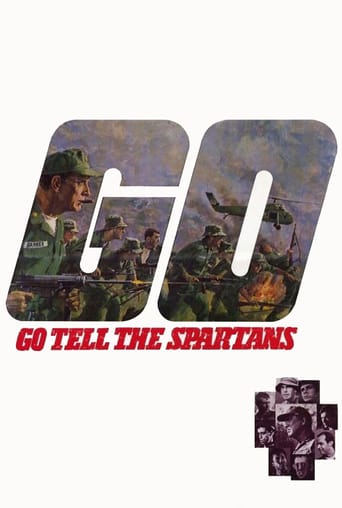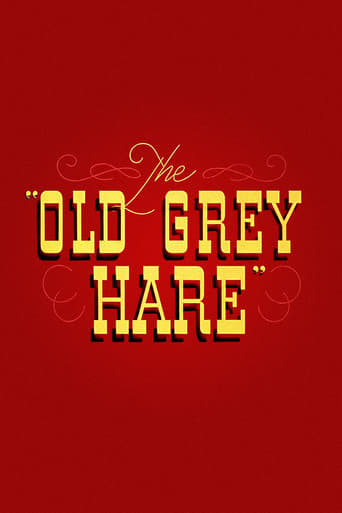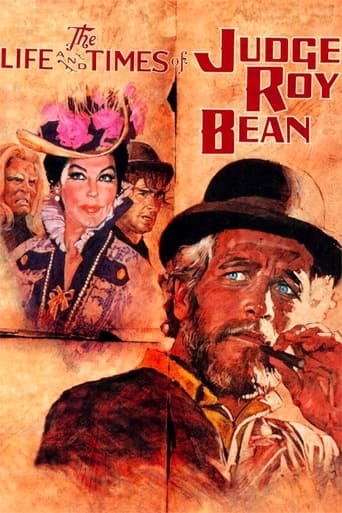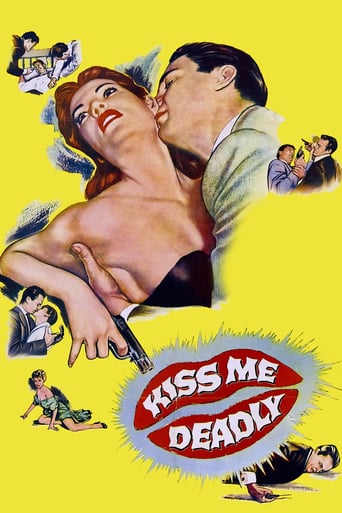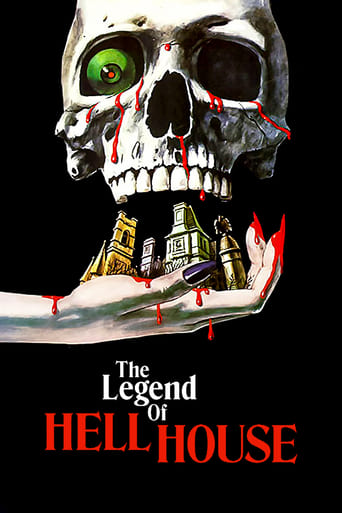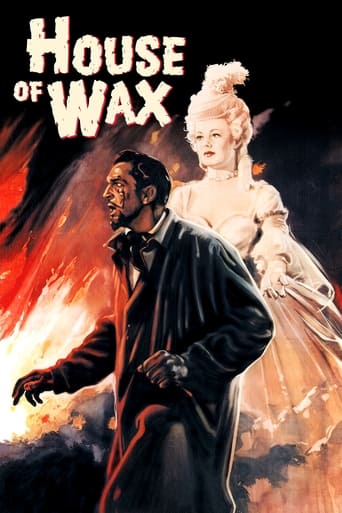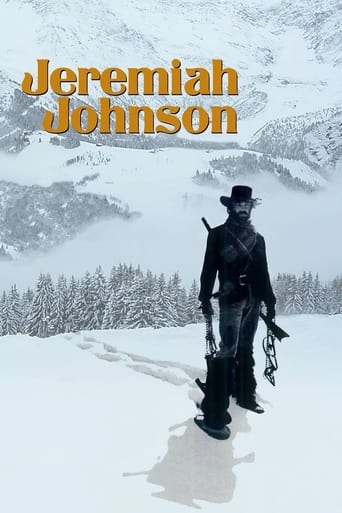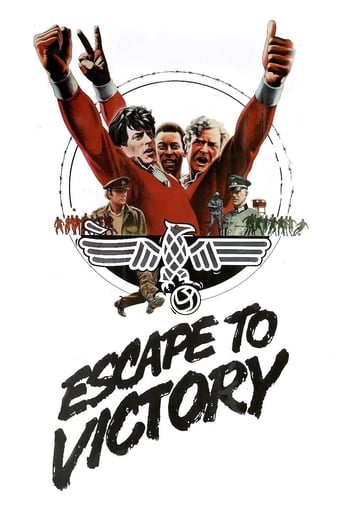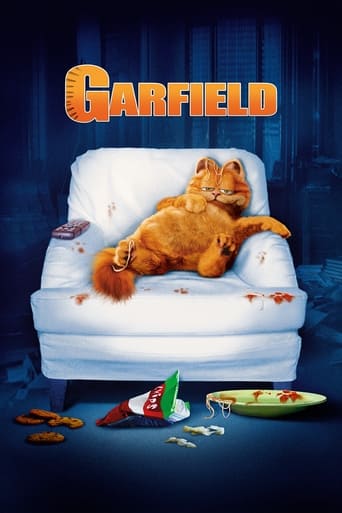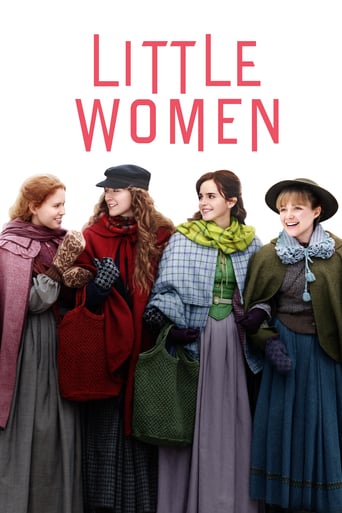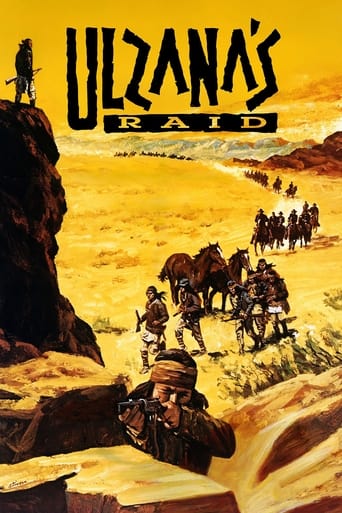


Ulzana's Raid
A report reaches the US Army Cavalry that the Apache leader Ulzana has left his reservation with a band of followers. A compassionate young officer, Lieutenant DeBuin, is given a small company to find him and bring him back; accompanying the troop is McIntosh, an experienced scout, and Ke-Ni-Tay, an Apache guide. Ulzana massacres, rapes and loots across the countryside; and as DeBuin encounters the remains of his victims, he is compelled to learn from McIntosh and to confront his own naivity and hidden prejudices.
-
- Cast:
- Burt Lancaster , Bruce Davison , Jorge Luke , Richard Jaeckel , Joaquín Martínez , Lloyd Bochner , Karl Swenson


Similar titles
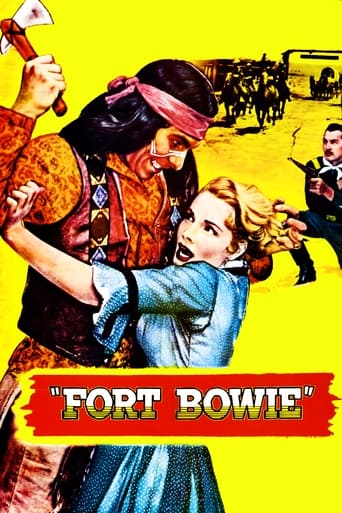
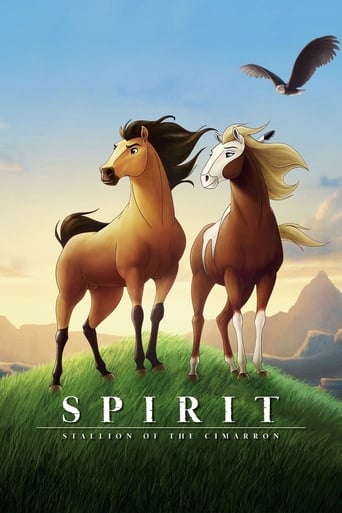
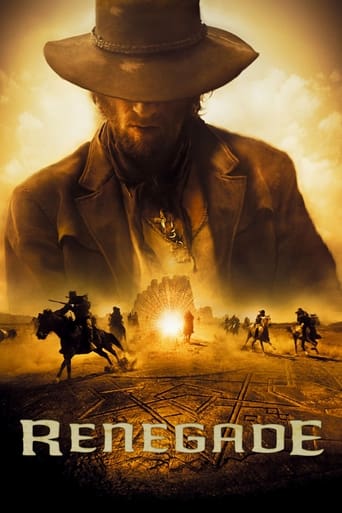
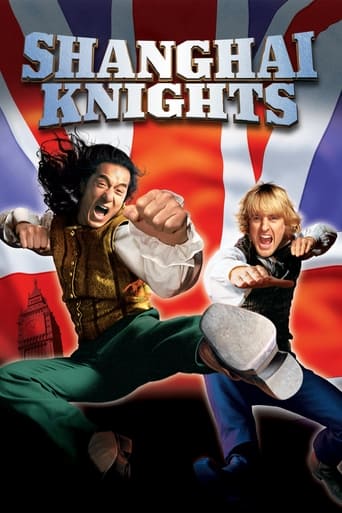
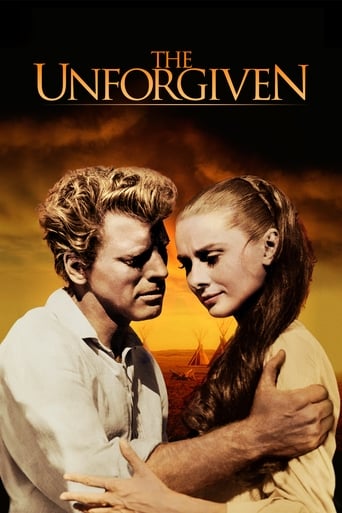
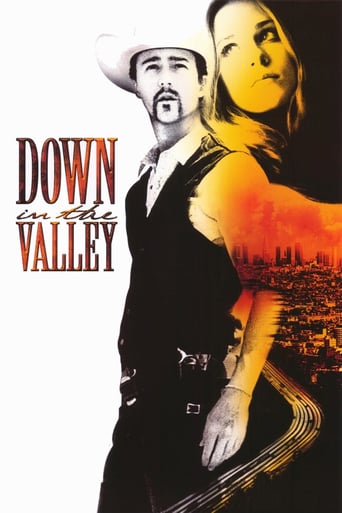
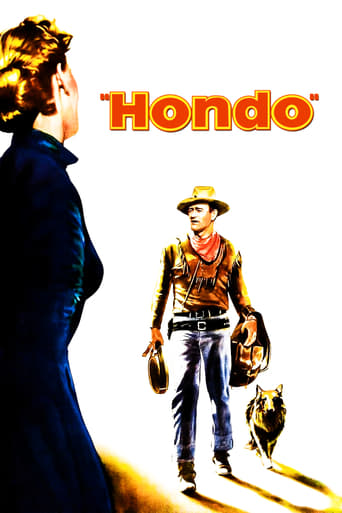
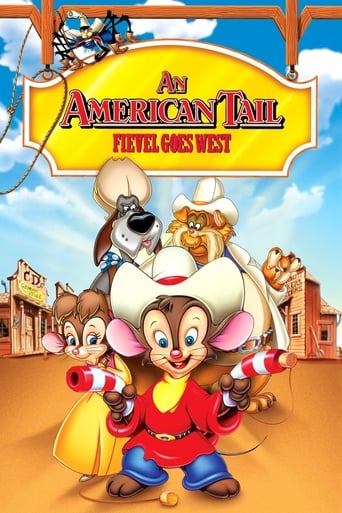
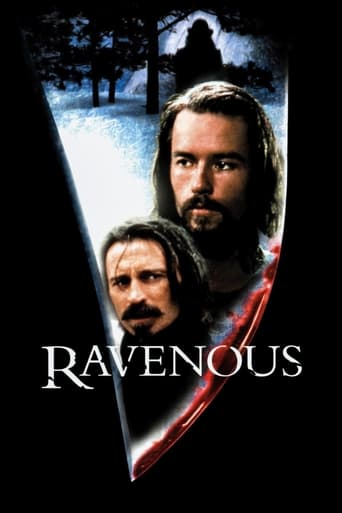
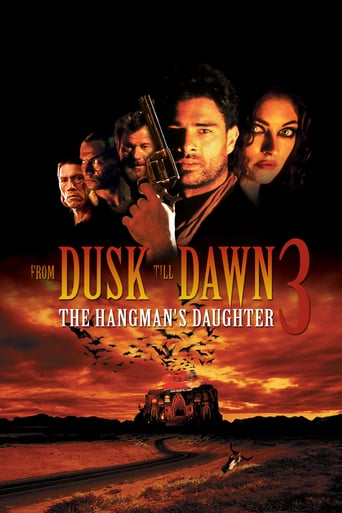
Reviews
Touches You
Slow pace in the most part of the movie.
Instant Favorite.
I think this is a new genre that they're all sort of working their way through it and haven't got all the kinks worked out yet but it's a genre that works for me.
The film is loosely based on the exploits of a Chiricahua Apache better known as Josanie. In November, 1885, with about ten men, he entered New Mexico from Mexico and ranged north through New Mexico and Eastern Arizona, killing and stealing horses. On the Fort Apache Reservation they killed twenty White Mountain Apaches, men, women and children. By the end of December he was back in Mexico, having killed 38 and losing only one of his men. He had traveled 1200 miles. He surrendered to General Crook in March, 1886 and was sent to Florida. He lived to attend the Pan-American Exposition in Buffalo with Geronimo ( unfortunately, President McKinley also attended) . He died at Ft. Sill, Oklahoma in 1909, less than a year after Geronimo died at Ft. Sill. The film has some of the western cliches; the savvy veteran and the green officer; the white woman driven mad by abuse in the hands of the Apaches, but Lancaster is fine in the role of McIntosh, the experienced scout (the real Archie McIntosh served as a scout in Arizona, but apparently did not chase Josanie. The film is generally realistic-at one point Apaches are seen jogging along with horse guts full of water around their necks-but the ending, with McIntosh being sent as bait to lure an Apache attack, is ludicrous. Part of the film seems to have been filmed in the San Rafael Valley, a beautiful spot on the Arizona-Mexico border.
I wasn't expecting much from this Western, but I tell you what, it turned out to be a compelling and well written psychological study of two factions attempting to outdo each other in a harsh desert landscape with death a very real possibility for participants of both sides. The story follows a small Cavalry unit dispatched to capture and subdue a raiding war party led by the Apache Ulzana (Joaquin Martinez), whose band escaped from the San Carlos Reservation with stolen horses, and are now spreading death and destruction across the Arizona border landscape.For those of humanistic persuasion, the film places young Lieutenant Harry DeBuin (he's listed in the credits as Garnett, but that name was never mentioned in the story) in charge of the cavalry soldiers, intent on doing his professional duty, but all the while pondering the nature of Apache savagery and how one group of humans can be so vicious in dealing with another. I've read viewer comments stating that this theme makes an allegorical statement about the Vietnam War, but it seems the argument can be made in the present day in discussing radical terrorism and the atrocities of an entity like ISIS. Assigning some non-existent motivation to extremists removed from their very nature does a disservice to those who find themselves in opposition. When it's kill or be killed, it seems like all bets would be off.For me, the most intriguing character in the story turned out to be the cavalry scout Ke-Ni-Tay (Jorge Luke), who's discourse on power and how the Apache regards it, allows DeBuin to reevaluate his notions about the Indian way of fighting. Ke-Ni-Tay's advice is further reinforced by civilian guide McIntosh (Lancaster), who chides the young officer with - "You'd be well advised to stop hating and start thinking, Lieutenant, because you ain't doin' too well up to now." Perhaps the most surprising aspect of the story lies in the resolution, with Ke-Ni-Tay in the position of facing a final showdown with the Apache rival Ulzana. It's not an ending I expected in the tradition of your tried and true Western formulas, an outcome that could have gone either way depending on skill and circumstance combined. However in the movie version I saw on the Encore Western Channel, a scene described by reviewer 'documain-1' on this board which concerns the death of Ulzana's son wasn't part of my viewing. In fact, the writer makes note of many such discrepancies that undeniably affect one's understanding of the story as it unfolds, thereby recommending I add my name to the list of those seeking out a director's cut of the movie.
"Ask them what they think of Ulzana, ask them if they think he is a great war-chief, is he wiser than Nunna, braver than Chatto, is he more cruel than Victorio, ask them if he makes his wives happy in the night." - Anglo McIntosh Robert Aldrich directs "Ulzana's Raid", an excellent revisionist western. Based on a script by Alan Sharp, the film stars Burt Lancaster as Anglo McIntosh, a skilled tracker hired by the US Army to hunt a group of Apache Indians. These Indians have broken free of the reservation in which they were forced to live. Led by Ulzana, a mysterious war-chief, the Apache subsequently embark upon a series of brutal raids.The characters in "Ulzana's Raid" all grapple with a simple question: why does Ulzana kill? It's a question which preoccupies Lieutenant Garnett DeBuin (Vruce Davison) in particular, a Christian soldier who believes the Apaches to be mindless savages. Afterall, DeBuin only knows of the Indians via the shocking massacres, murders and mutilations he and we the audience witness them commit. But why are they killing, DeBuin wonders. Is it in their Nature? The myopia, arrogance, ethnocentrism and racism of the US Calvalry, and US colonialism in general, isn't overturned in "Ulzana's Raid". DeBuin, a sensitive Christian, may question what makes atrocities committed by his soldiers different to those committed by Ulzana, but that's as far as he goes. DeBuin and his men remain wedded to their prejudices. "My father believes that it's a lack of Christian feeling that's at the root of the Apache problem," DeBuin says, unaware that behind Christian charity runs the racist paternalism of the Reservation."Ulzana's Raid" is set in the 1880s, toward the tail end of the genocide of the First Nation and Native American Indians. This "cleansing" was official policy for centuries. "The immediate objectives are the total destruction and devastation of their settlements and the capture of as many prisoners of every age and sex as possible," George Washington would order in 1779. "It will be essential to ruin their crops and prevent them planting more." Such sentiments were echoed by everyone from Benjamin Franklin ("It is the design of Providence to eradicate these Savages in order to make room for cultivators of the Earth") to Thomas Jefferson ("This unfortunate race, whom we had been taking so much pains to save and to civilise, have by their unexpected desertion and ferocious barbarities justified extermination"). The upper and lower echelons of the military were equally explicit. "I have come to kill Indians and believe it is right and honourable to use any means under God's Heaven to kill them," Colonel John Milton would state. And General John Pope: "It is my purpose to utterly exterminate the Sioux. They are to be treated as maniacs and wild beasts, not as people with whom treaties or compromise can be made." Such policies achieved their desired effect. Between the years 1500 and 1900, the North American Indian population was reduced from about 12 million to 237,000.It is thus fitting that "Ulzana's Raid" sports a simple subplot about "power". When asked why Apaches kill, an Indian guide, Ke-Ni-Tay, states that Ulzana wishes to "recover power". DeBuin is incapable of understanding this. That the Apache are seeking to assert their will, reclaim Indian Agency, achieve some semblance of freedom, are concepts alien to him.One who does sympathise with the Apache, is McIntosh. He's a figure now common in westerns: the interlocutor between the white and native experience. Unlike similar archetypes, though (the "gone native" heroes of "Avatar", "Dances With Wolves", "Soldier Blue", "Little Big Man" etc), McIntosh is devoid of naive sentimentality. He lives with an Indian woman, subtly trades a Winchester rifle with Ke-Ni-Tay's when the Indian's horse is assigned to him, but always remains at a protective distance from the Apaches. He sympathises with their plight, but never expects anything less than their arrows in his back."Ulzana's" second half features an interesting game of cat-and-mouse. Here we watch as soldiers and Indians attempt to outsmart, anticipate and double-bluff one another; this gives the film's violence a unique, intellectual kick. The film then ends with a familiar bloodbath, the inscrutable Ulzana betrayed by a fellow Apache. This moment points to the future of the Native; ingratiate oneself with the white man, adapt, betray and hope for survival."Ulzana's Raid" was released in 1972, two years after the My Lai Massacre became public knowledge. Like Lancaster's 1978 film, "Go Tell the Spartans", it works as a broad allusion to US involvement in the Vietnam War. And like Lancaster's 1971 western, "Valdez is Coming", it displays sympathy for those (women, minorities, Natives etc) steamrolled by colonialism, without resorting to either mawkishness or clichés. Alan Sharp's script in particular is blunt, pulpy and noirish, all hard edges, staccato dialogue, sweat, grime and taut muscle. Unfortunately, like most well-meaning, revisionist westerns of the era, the "native" remains a cypher; stone faced, proud and shrouded in mystique. The film was a labour of love for Lancaster, who had a say in "Ulzana's" final cut and went to lengths to get the film financed.8/10 – See Martin Ritt's "Hombre", "Hud" and "The Molly Maguires". See too Altman's "McCabe and Mrs Miller" and "Sitting Bull's History Lesson".
I finally got to watch this movie last night thanks to Netflix. It wasn't what I was expecting. Made in 1972 I expected some type of simplistic left-wing hand-wringing allegory about the Vietnam War and the inherent evil of European culture vs. the Noble Red Man. Something along the same lines as the awful "Soldier Blue" (1970) or the better, but still hopelessly biased "Little Big Man" (1970). However I didn't get that at all."Ulzana's Raid" doesn't candy-coat either side. There is no simplistic paint strokes applied. The Apache Wars in the southwest in the late 1800's were brutal. No quarter was given and none was expected. Both sides were certain that they were right and their opponent was wrong and both sides were motivated by the belief that they were superior in terms of their civilizations and racial beliefs. Both sides committed atrocities, both sides could be both vicious and brave, both sides had blood on their hands.The one thing that I came away with was that the fighting in Arizona was a guerrilla war. An undeclared war that was vicious and cruel and which the movie conveys very well. If there is any allegory to Vietnam I would say that is it. War is horrific and fighting one isn't a pleasant task. Decisions have to be made that often result in death, but those decisions have to be made and people have to follow the orders of those who make those decisions. Both sides. Well done film. At times unpleasant and disturbing, but also thoughtful, intelligently written and balanced.

